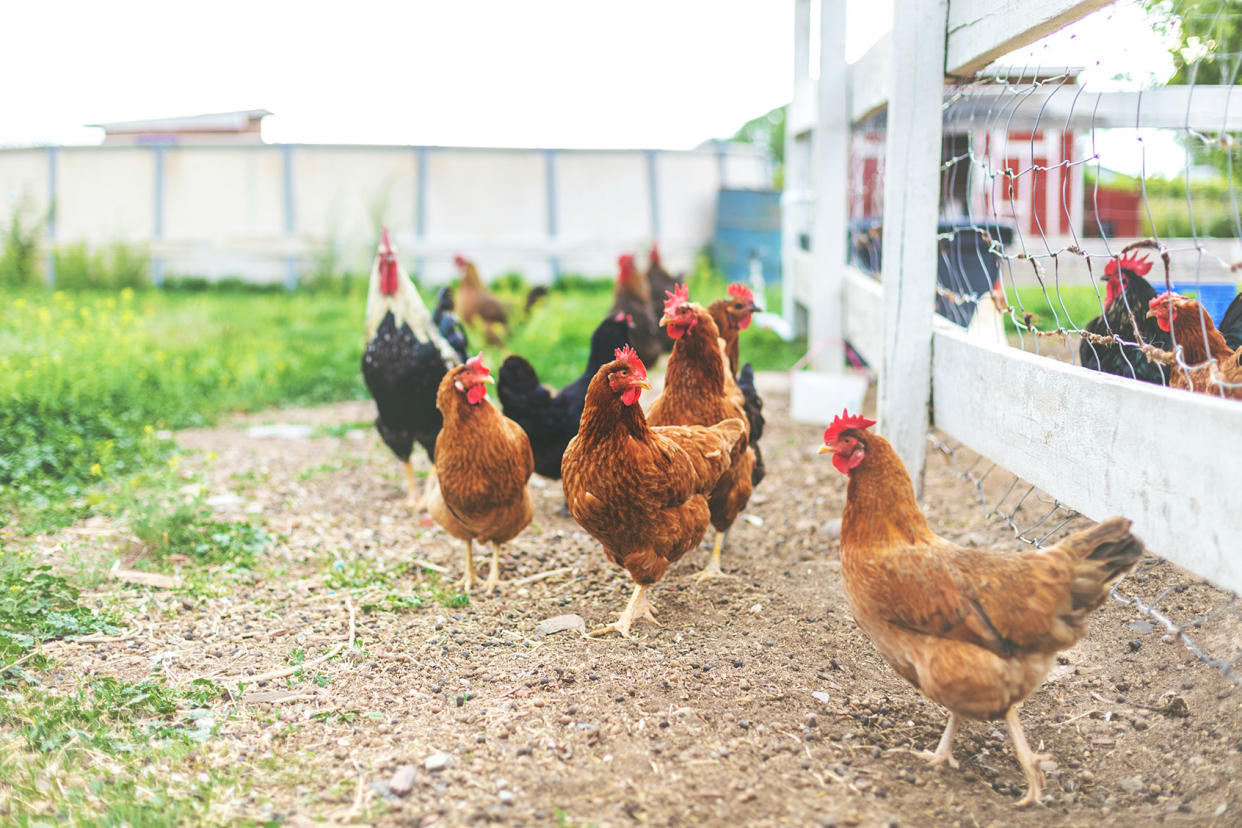With five more human bird flu cases reported, number of infected this year more than doubles

On Sunday, the Colorado Department of Public Health and Environment announced a total of five human cases of avian influenza in workers responding to the outbreak at a commercial egg layer operation. Four cases have been confirmed, and the fifth is “presumptive positive and pending confirmation at CDC.” Previously, there were four confirmed cases in humans following exposure to dairy cows, as well as one case from poultry from 2022.
According to the announcement the workers had “mild symptoms” and none were hospitalized. Specifically, they had pink eye and “common respiratory infection symptoms.” Public health officials suspect the workers got infected by working directly with infected poultry. On Friday, the CDC said the risk to the general public remains low. “There are no signs of unexpected increases in flu activity otherwise in Colorado or in other states affected by H5 bird flu outbreaks in cows and poultry,” the agency said.
This latest development is one part of a multi-month story. In late March, a worker on a commercial dairy farm in Texas developed a case of pink eye. He eventually tested positive for the highly pathogenic avian influenza Type A H5N1, also known as bird flu. Scientists were shocked to find out that cattle, not birds, were the host — and that large amounts of H5N1 were found in the infected cattle. As Salon has previously reported, experts have raised concerns that more human cases than those that have been reported have gone undetected since then.
Notably, the Colorado workers are believed to have been infected by poultry, not cattle. This news follows a report that suggested the bird flu is mutating to better infect humans.

